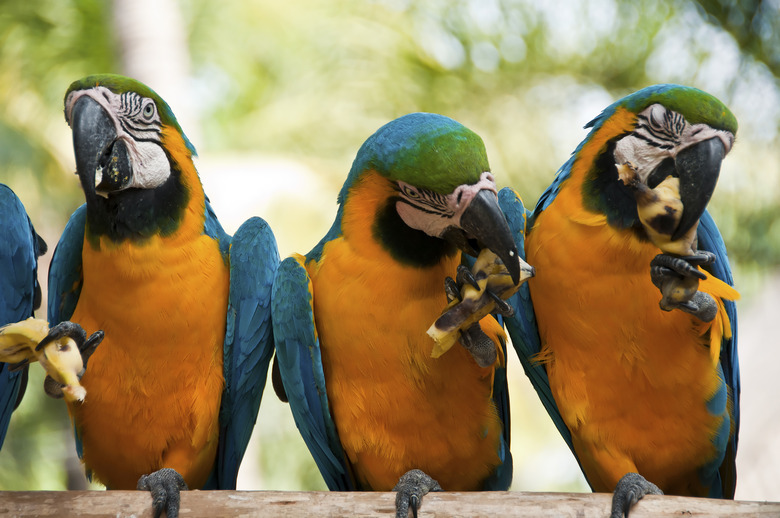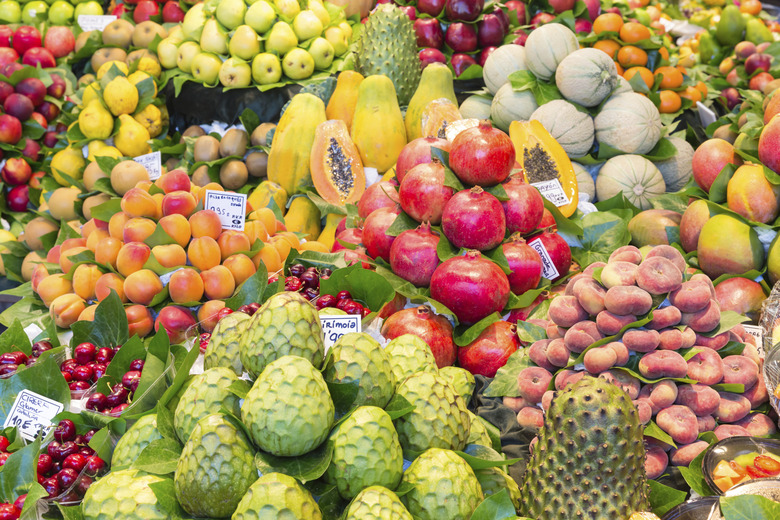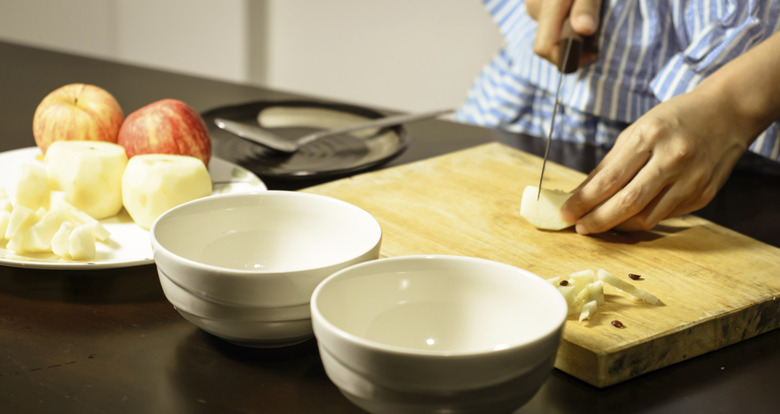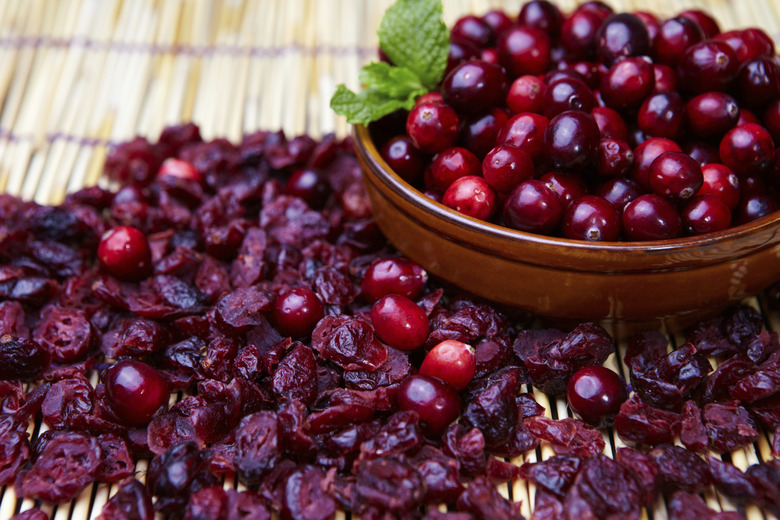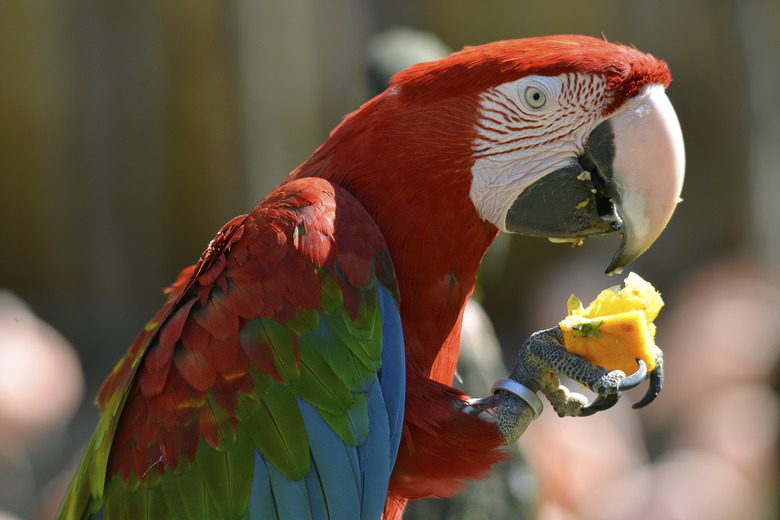What Kinds Of Fruit Can Parrots And Macaws Have?
Like people, all parrots and macaws benefit from daily helpings of fruit in their diets, and almost all varieties that people find palatable are healthy for them too. Parrot-friendly fruits include coconut; apples with seeds and stems removed; apricots, cherries, peaches, nectarines, plums, papaya and mangoes, all pitted.
Berries are also good for birds and so are grapes, kiwi, melons with rind removed, peeled pineapples, peeled bananas, pomegranates, star fruit, and seeded citrus fruits such as oranges, lemons, tangerines, and grapefruit. Fresh fruits are best but dried fruits such as raisins, cranberries, and currants, and fruits that have been frozen and thawed are also permissible.
Parrot species and fruit
Parrot species and fruit
Despite some dramatic size differences, diminutive budgies and lovebirds, showy cockatoos, and majestic, multicolored macaws are all members of the parrot family, which encompasses some 350 species. All can eat fruit, though some might display individual preferences, so try offering your bird a variety of options.
Most of what you'd expect to find in the fruit section of a supermarket also qualifies as nutritious for your parrots. The ideal ratio relative to other foods they eat varies depending upon the size and nutritional needs of each species but can be up to 45 percent. For customized advice about the perfect fruit salad for your own large parrot, birds, or macaws, check with an avian veterinarian.
Preparing fruit for birds
Preparing fruit for birds
Wash all fruit thoroughly to remove any surface pesticides or chemicals before giving it to your bird and discard anything spoiled, moldy, or past its prime. In general, any part of the fruit you wouldn't eat shouldn't be given to your bird either — although for different reasons.
Apple seeds, for instance, are toxic to parrots. Since the pits of cherries, peaches, pears, and apricots contain traces of cyanide, pare away both those and the flesh surrounding them. For convenience, cut up fruit ahead of time and refrigerate portions in air-tight containers or sealed plastic bags.
Avoid processed fruits for birds
Avoid processed fruits for birds
Macaws and other members of the parrot family originate in tropical rain forests and in captivity, shouldn't eat substances that would be foreign to diets in their natural habitat. Canned fruits that contain added sugar or other sweetening agents such as high-fructose corn syrup aren't good for their delicate constitutions.
Naturally-dried fruits are fine for birds but many kinds intended for human consumption are treated with sulphur-based preservatives and might contain other potentially harmful additives, such as salt and vegetable oil. Read labels and when in doubt, don't risk feeding it to your bird. Steer clear of avocados, persimmons, and rhubarb, which are toxic to parrots.
Fruit and urine changes
Fruit and urine changes
The fleshier the fruit, the more water it contains, so if you notice increases in your bird's urine output, or changes in its color, after he feasts on fruit, don't be alarmed. This condition, called polyuria, is natural and can be a healthy way to flush out the bird. Even though it might also contribute to softer feces than usual, the condition should not be confused with diarrhea.
